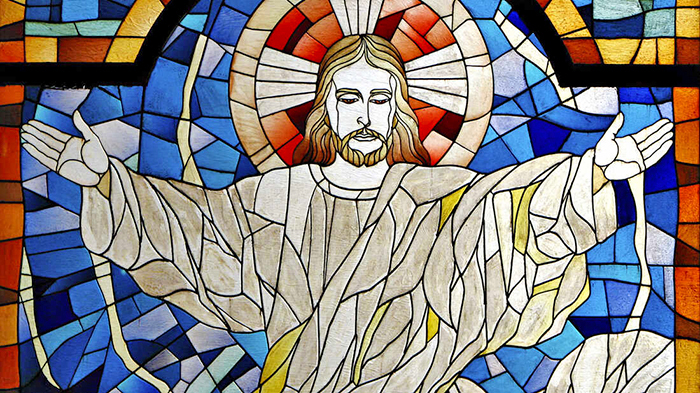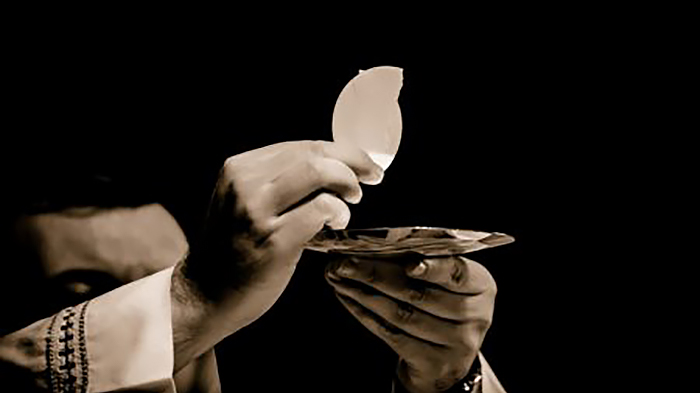
For centuries, the Israelites had been taught that the Gentiles were unclean. Just entering the house of a Gentile would render a Jew unclean, and he would have to go through a series of steps to become purified again. So, imagine the apostles’ shock when they realized that the Holy Spirit was also calling the Gentiles into the Church. Suddenly, for the first time in history, God was asking them to put aside the traditions of avoiding contact with Gentiles. He told them to embrace the “unclean” new believers and call them brothers and sisters in Christ. That must have been a lot for the Christians to work through, and it’s a testament to the power of the Holy Spirit that the merging of these two peoples went as smoothly as it did. Today, the ideal of a universal Church comprised of people from all over the earth has come to pass. Still, people sometimes complain that Catholics can be overly exclusive. Perhaps we subtly look down on Christians from other traditions. Maybe we avoid making friends with non-Christians. Or perhaps we emphasize the things that separate us from the rest of the world instead of the things that unite us. Pope Francis has made very bold steps to help overcome this division. When he travels, he is often accompanied by two old friends: a Jewish rabbi and a Muslim, both of whom he came to know while he was living in Argentina. These friendships are important to him because they help him keep his horizons wide and welcoming. Just as Pope Francis has made it a point to develop friendships with people of other faiths—or people who have no faith at all—he encourages us to do the same. Consider how you can open your life to people from other backgrounds or traditions today. Approach them with friendship, not the goal of converting them. Appreciate the unique person God has created each of them to be, and let the Holy Spirit bind you together in love.









